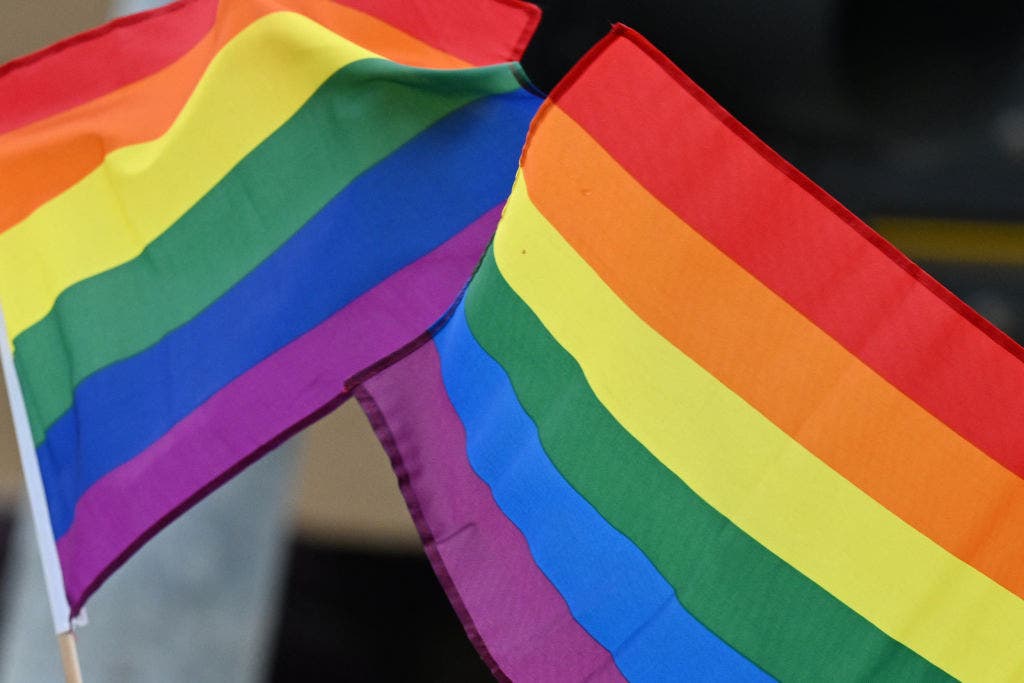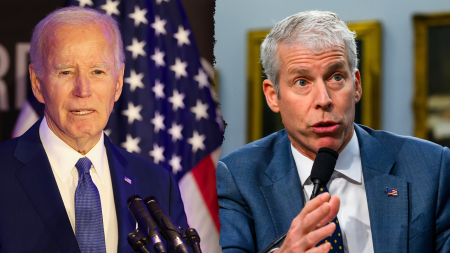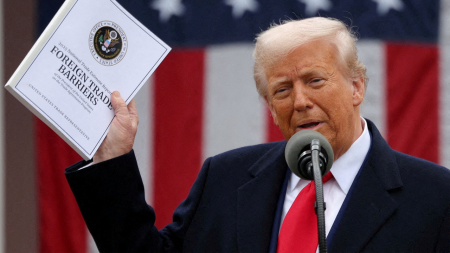The town of Emo, Ontario, with a population of about 1,300, is facing a $10,000 fine for refusing to participate in Pride Month and fly the LGBTQ2 rainbow flag outside its municipal building. The Human Rights Tribunal of Ontario found that Emo violated the Ontario Human Rights Code by not proclaiming June as Pride Month and failing to fly the LGBTQ2 rainbow flag, despite not having an official flagpole. In addition to the fine, town officials were ordered to undergo mandatory human rights training.
In 2020, Emo was approached by a group called Borderland Pride, which requested that the town declare June Pride Month and fly an LGBTQ2 rainbow flag for a week. The request was defeated by a 3-2 vote at a later council meeting, with Mayor Harold McQuaker arguing that there were no flags being flown for straight people. Human Rights Tribunal vice-chair Karen Dawson found this remark to be discriminatory and offensive to the LGBTQ2 community, stating that it constituted discrimination under the Ontario Human Rights Code.
Borderland Pride sought a $15,000 fine for the township and $10,000 fines for each of the three council members who voted against their request. However, the tribunal settled on a $10,000 fine for the township and a $5,000 fine for Mayor McQuaker. Additionally, McQuaker and the town’s chief administrative officer were required to complete an online human rights course offered by the Ontario Human Rights Commission and provide proof of completion to Borderland Pride within 30 days.
The decision to cite Emo for its refusal to participate in Pride Month and fly the LGBTQ2 rainbow flag has sparked controversy and debate within the small Canadian town. Some residents may support the town’s decision, while others believe it is important to show support and belonging for LGBTQ2 individuals. The issue highlights the ongoing tensions and struggles faced by LGBTQ communities in smaller, more conservative towns and regions across Canada and the world.
The case of Emo, Ontario, demonstrates the challenges and complexities of navigating LGBTQ rights and inclusion in small towns and municipalities. While some may argue for individual rights and freedoms to not participate in Pride Month activities, others push for greater recognition and acceptance of LGBTQ communities. The decision to fine Emo for its actions serves as a reminder of the ongoing fight for equality and justice for LGBTQ individuals in all corners of society.
The dispute between Emo and Borderland Pride underscores the importance of promoting diversity, acceptance, and inclusion for all individuals, regardless of sexual orientation, gender identity, or expression. While the town’s refusal to participate in Pride Month may have stemmed from personal beliefs or opinions, it ultimately led to legal consequences and mandatory training on human rights. The case serves as a cautionary tale for other municipalities and communities to consider the impact of their actions on marginalized groups and the importance of upholding human rights for all.










